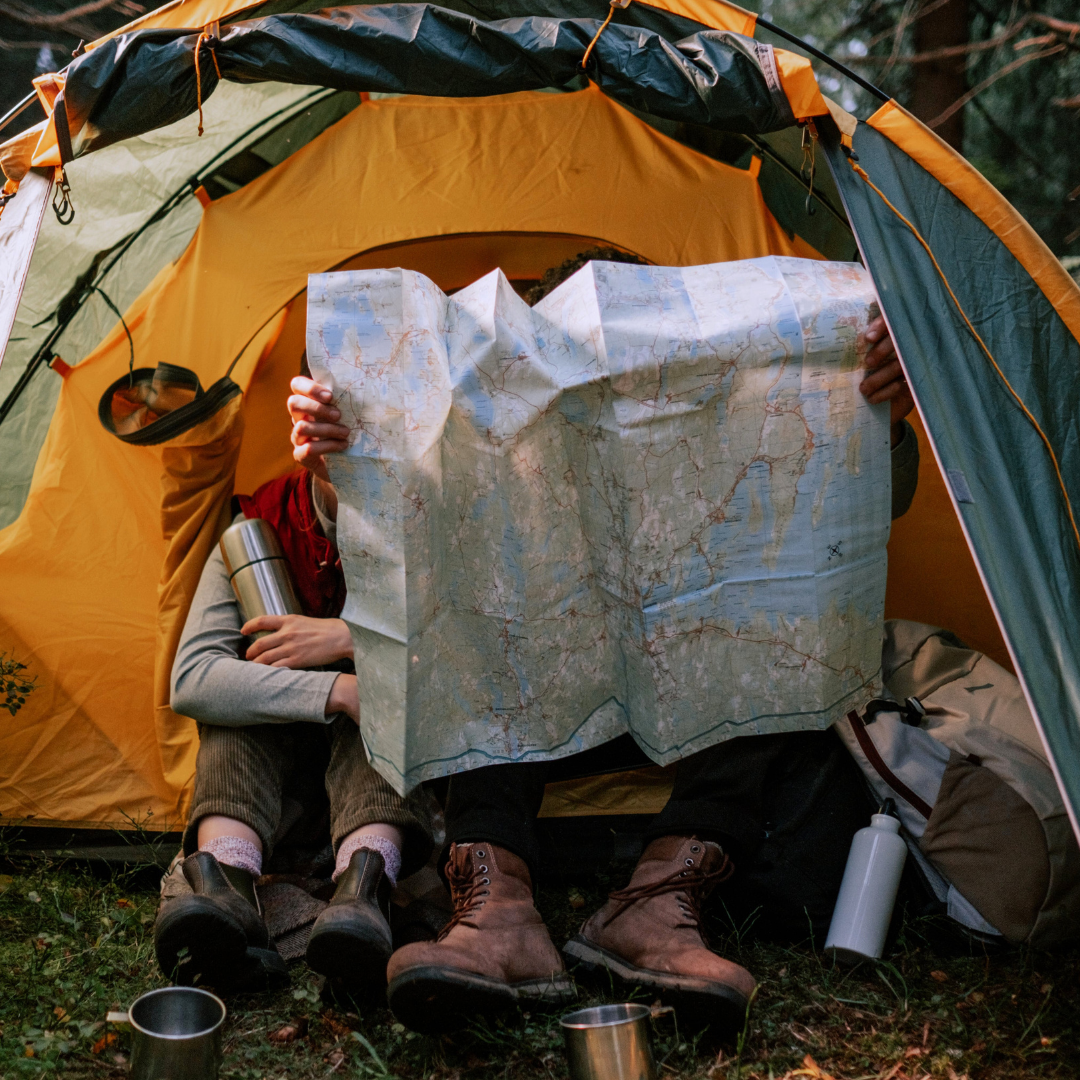Want to get away? Like, really far away? It may not be as difficult as you think.
Many people break away from society for a few days (…weeks…months…) and venture headlong into America’s wilderness, but instead of succumbing to the bureaucracy once more (isn’t that part of what we’re fleeing?) and reserving a campsite, they keep it moving up the trail and camp in the backcountry. No bathrooms or trash cans, no internet or cell reception, and you won’t be able to take a car or RV there; just you and nature’s immensity.
They go by many names—dispersed campers, backcountry campers, off-the-gridders—but they are unified by a thoughtful set of practices and principles. Revering and not interfering with nature is a core principle, undergirded by a strict Leave No Trace policy designed to minimize a camper’s impact on the natural world.
Though a motivating factor for these trips is often to disconnect with the human world, campers of this ilk still retain a healthy compassion for their fellow beings. For example, some national parks have lean-tos along their more arduous trails, and if there is already a camper occupying the space, they will usually make space without fuss. The hospitality is a given.
But human interaction is not a given, for the space in America alone—hundreds of millions of acres—available for this type of camping gives you plenty of options to truly escape civilization. You see, although you should first check with the local ranger to ascertain restrictions in the area, most federal land, which, at 640 million acres, comprises 28 percent of land in the United States, is available for backcountry camping.
Moreover, it’s free. That’s right, gratis. Unlike the serviced campgrounds, there is no fee to reserve these spots; it’s first come, first serve.
If you’re new to this sort of thing, a helpful tip is to begin by researching a national park or forest near you, and plan a trip for a day or two. Of course, you will want to properly prepare by bringing the necessary gear and supplies. Necessities include water as well as a filtration device; tent with a sleeping bag; fire starter; a small first aid kit and light source.
What about food? Glad you asked.
Thanks to our pouch seal technology, SaladPower can be stowed safely and ergonomically for your trip, and supply you with two times your daily recommended serving of vegetables so you’ll have the energy and nutrients your body needs to voyage into America’s backcountry.

